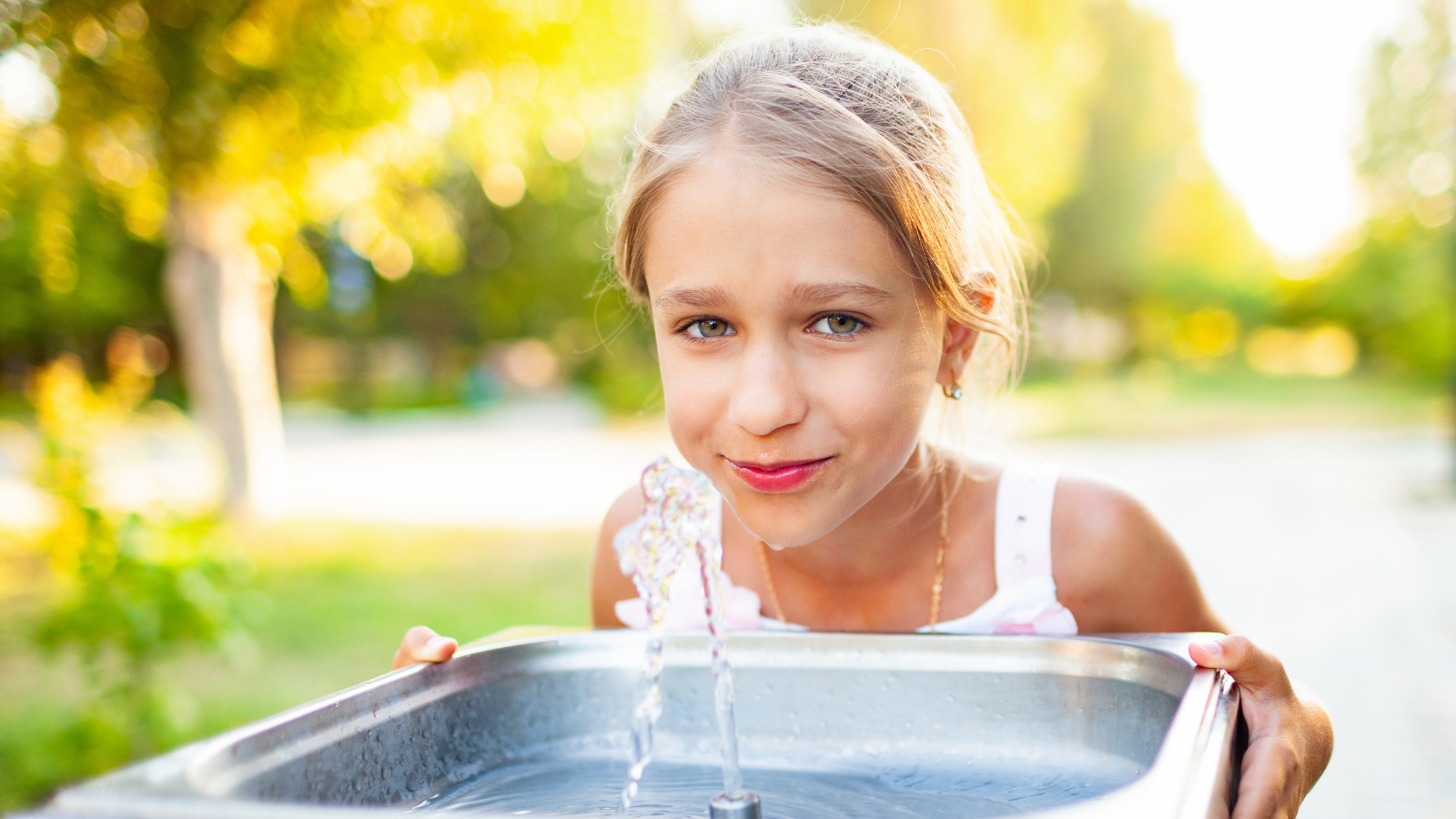This week, from October 20-26, we are celebrating National Lead Poisoning Prevention Week (NLPPW) and National Chemistry Week (NCW). In recognition of these important events, the Arizona Department of Health Services (ADHS) is proud to spotlight the collaboration between the Childhood Lead Poisoning Prevention Program (CLPPP) and the Public Health Chemistry Department at the State Laboratory Services. Together, they are working to reduce lead exposure in drinking water at schools and childcare facilities to ensure a safer environment for our children.
Testing water in schools is important because children spend a significant portion of their days in these facilities. Lead can contaminate drinking water through fixtures and piping in a school, particularly in older buildings. Testing the water at each outlet is the only sure way to find out if the water contains too much lead.
With federal funding from the Water Infrastructure Improvements for the Nation (WIIN) Act, ADHS launched a voluntary program: Lead Testing in Drinking Water at Arizona Schools and Childcare Facilities in 2021. This initiative offers eligible schools and childcare facilities free water lead testing, training and technical support, and remediation resources.
The Chemistry Department uses its expertise in analytical chemistry to accurately test water samples for lead contamination, ensuring accurate and reliable results. This helps schools and childcare facilities identify and address potential lead hazards effectively. This partnership highlights how chemistry safeguards our health and aligns with the goals of NLPPW, which emphasizes the importance of preventing lead exposure and protecting our children.
So far, the CLPPP has collected more than 3,000 drinking water samples from 221 charter schools, 47 public schools, and 109 childcare facilities. In addition to helping schools reduce the lead in their drinking water, the CLPPP is promoting lead poisoning prevention and reminding parents that water is not the only source of lead.
In Arizona, the most common sources of lead includes lead-based paint in houses built before 1978, and some household products including antique or imported toys, antique furniture, imported spices and candies, home remedies, and lead-glazed pottery used for cooking.
There are several things families can do to reduce potential lead exposure:
- Check your home for items that may contain lead. Wash your children’s hands often, especially after playing outside and before eating.
- If your work or hobby involves working with lead, change clothes and shower before entering the home. Wash clothes separately. Leave shoes/boots outside or in the garage to avoid bringing in soil and dust.
- Mop hard floors and wet-wipe surfaces to contain lead dust. Avoid sweeping or dry dusting.
- Hire an Environmental Protection Agency-certified firm when renovating or repairing pre-1978 homes. EPA-certified firms are trained and certified to work lead-safe. Find a list of certified contractors on the EPA website.
Let’s work together to keep our children safe and healthy! Schools and childcare facilities can participate in free water testing to ensure safe drinking water and protect children from lead exposure. Families can also use our tips to reduce lead risks at home. Together, we can make a difference in Arizona children’s future.










